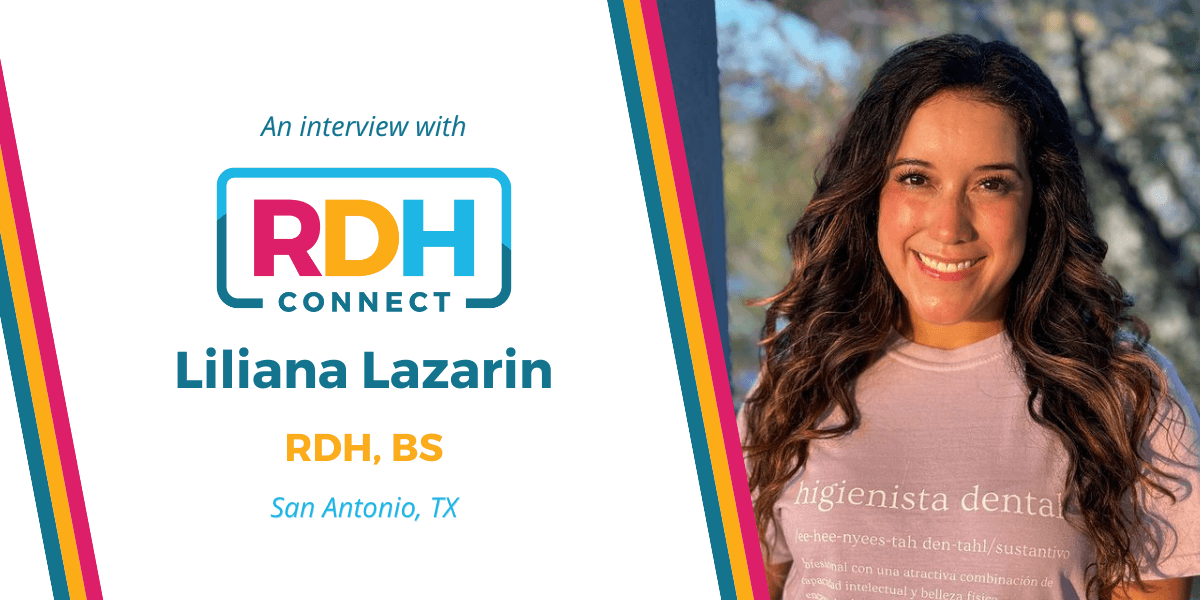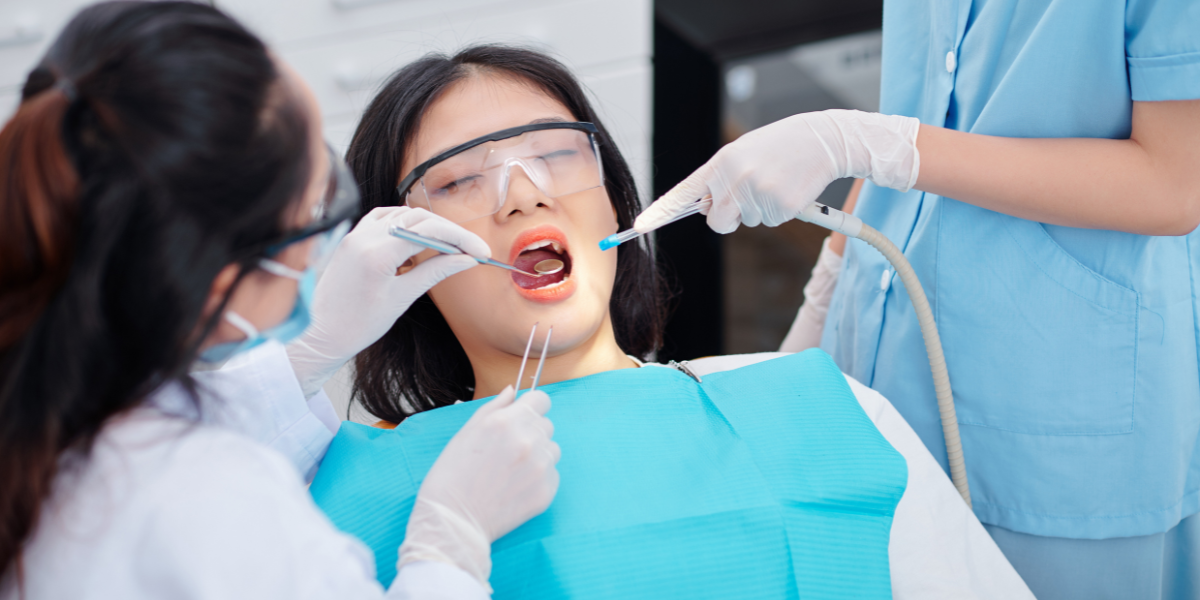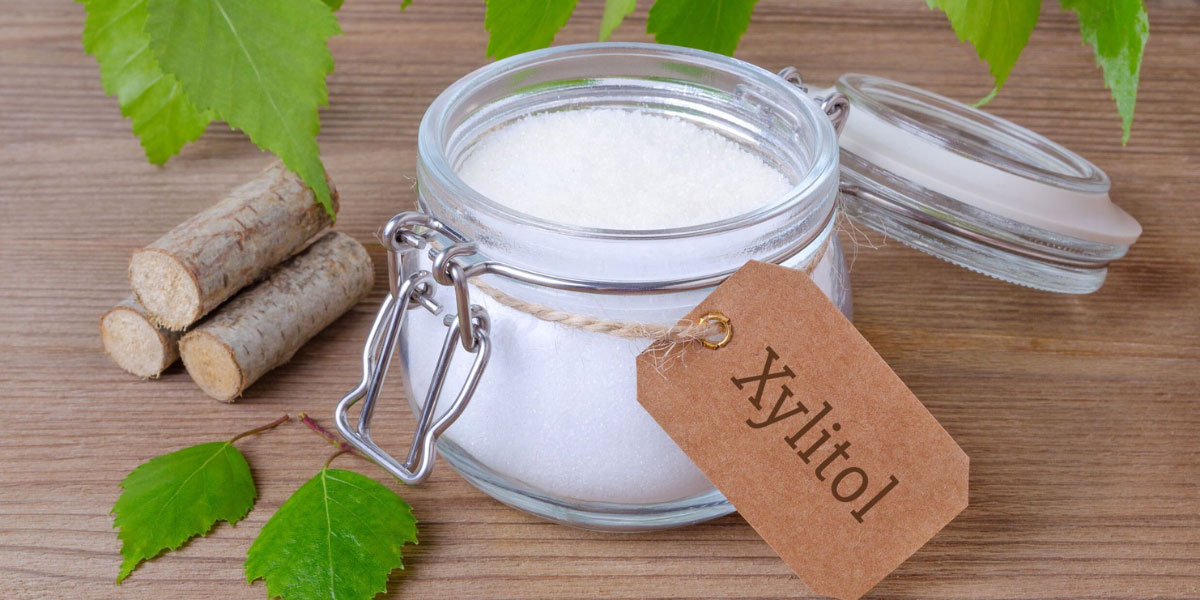
For many of us, fluoride is in our water, our toothpaste….but is it safe? Find out why the benefits outweigh the risks.
Fluoride is a hot topic in the dental world, and some people say it’s an essential part of keeping your teeth healthy, while others claim that it’s a dangerous chemical that can do more harm than good. Some people are concerned about the safety of fluoride, but it has been extensively studied and found to be safe for human use when used as directed. We believe that fluoride is a vital part of obtaining optimal oral health when added to your dental hygiene homecare routine.
What is fluoride?
Fluoride is a naturally occurring mineral that is found in our water supply, soil, rocks, and some foods processed with water containing fluoride. It is also added to toothpaste and mouthwashes to help with remineralization and prevent tooth decay, also known as a cavity or caries.
How does it work?
Tooth decay is a major problem worldwide, and with the addition of fluoride, it will help prevent cavities by making tooth enamel more resistant to acid attacks. This mineral works by preventing the demineralization of teeth, which helps to keep them strong and healthy. Demineralization occurs when certain foods or beverages alter the oral environment and change the pH level to become more acidic. Eating or drinking sugar substances throughout the day will contribute to more acid attacks. The pH of a normal saliva is 5.75–6.5; a lower pH indicates the oral cavity is acidic due to a lack of oral hygiene, caries, calculus accumulation, or an unhealthy diet.[1]
What are the benefits of fluoride?
Fluoride is safe and effective for adults and children when used as directed. Some of the benefits of fluoride include reducing the risk of cavities, improving oral health, and helping to prevent bone loss. Fluoride is an important part of your oral-systemic health, and studies have shown that fluoride can help to reduce the risk of both cavities and gum disease. One study found that stannous fluoride toothpaste had a positive effect on the reduction of dental calculus build-up, dental plaque, gingivitis, stain, and halitosis.[2] [3]
Are there any risks associated with fluoride?
The main risk associated with fluoride is dental fluorosis, which is a condition that causes the enamel of the teeth to be discolored or mottled. Dental fluorosis began as a mysterious ailment Mild dental fluorosis can be seen as small pearly white lines or flecking on the surface of the teeth. It can sometimes occur if a child’s teeth are exposed to too much fluoride when they’re developing. Dental fluorosis is caused by taking in too much fluoride over a long period when the teeth are forming under the gums; however, most dental fluorosis in the U.S. is very mild and rare.[4]
Why is fluoride present in our water?
The addition of fluoride was part of a public health effort to aid in diminishing the pain and discomfort associated with tooth decay. Fluoridation of the drinking water supply was established as one of the top 10 public health achievements of the 20th century.[4] According to the CDC, almost all water contains some fluoride, but usually not enough to prevent tooth decay.[4] [5] The amount of fluoride in the water supply depends on where you live, and the CDC also states that the addition of fluoride into the water supply is made at the local and state level.[4] [5]
References
- Apriani, A., Widyarman, A. S., Budiyanti, E. A., & Roeslan, B. O. (2020). Caries Activity and Ph Level Changes after Fluoride Varnish and Casein Phosphopeptides-Amorphous Calcium Phosphate Application on Children’s Saliva. Contemporary clinical dentistry, 11(2), 126–130. https://doi.org/10.4103/ccd.ccd_167_20
- Johannsen, A., Emilson, C. G., Johannsen, G., Konradsson, K., Lingström, P., & Ramberg, P. (2019). Effects of stabilized stannous fluoride dentifrice on dental calculus, dental plaque, gingivitis, halitosis and stain: A systematic review. Heliyon, 5(12), e02850. https://doi.org/10.1016/j.heliyon.2019.e02850
- Acherkouk, A., Patel, N., Butler, A. et al. A randomised clinical study investigating efficacy of a stannous fluoride toothpaste in improving gingival health after 3 weeks’ use. BMC Oral Health 21, 441 (2021). https://doi.org/10.1186/s12903-021-01727-5
- Unde, M. P., Patil, R. U., & Dastoor, P. P. (2018). The Untold Story of Fluoridation: Revisiting the Changing Perspectives. Indian journal of occupational and environmental medicine, 22(3), 121–127. https://doi.org/10.4103/ijoem.IJOEM_124_18
- CDC. last reviewed: March 8, 2019. About Fluoride. https://www.cdc.gov/fluoridation/faqs/about-fluoride.html





